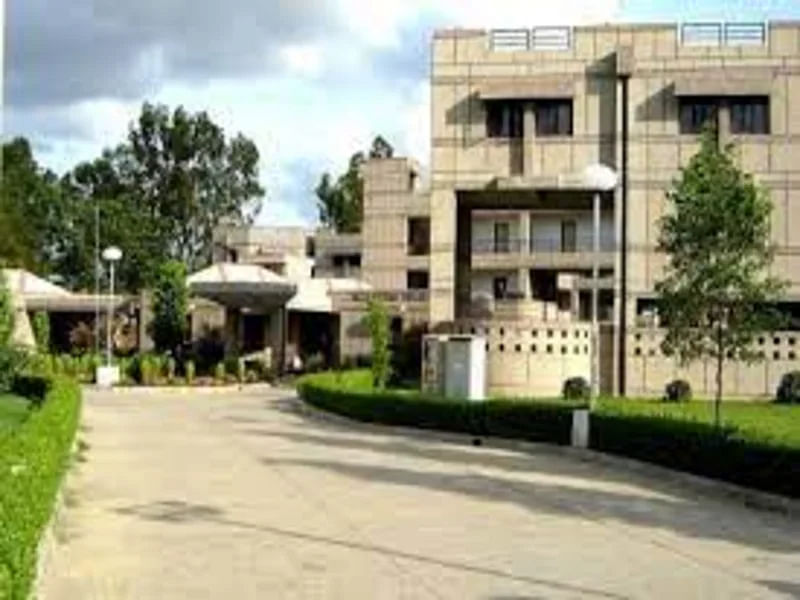B.Sc Economics Syllabus and Subjects

B.Sc in Economics syllabus covers all the economic aspects of scenario subjects, including dealing with the development and consumption of the resources like costs, benefits, marginal analysis, and rationality.
Semester Wise B.Sc Economics Syllabus
B.Sc Economics Syllabus as taught by different universities and colleges, for the duration period of 3-year.
Mentioned below is the syllabus for the B.Sc Economics semester I to semester VI:
|
Semester I |
Semester II |
|
Microeconomics I |
Microeconomics II |
|
Microeconomics I |
Microeconomics II |
|
Semester III |
Semester IV |
|
Elementary Mathematics for Economics |
Mathematical Application in Economics |
|
The Monetary System |
Introduction to Development Economics |
|
Semester V |
Semester VI |
|
Elements of Public Finance |
Public Economics |
|
Introduction to Econometrics |
Econometric Methods |
|
Introduction to Environmental Economics |
Economics of Natural Resources and Sustainable Development |
|
International Trade and Policy |
International Economics |
|
History Economics Thought I |
History of Economics Thought II |
|
Policy and the Indian Economics |
Planning for Development India and the Northeast |
B.Sc Economics Subjects
B.Sc Economics subjects are comparatively different from any other course here the aspirants learn about the global trade and commerce performed worldwide.
The subjects of B.Sc Economics for the duration period of 3-year are mentioned below:
The core subjects are:
- Econometrics
- Economic Policy
- Legal Studies
- Money and banking
- Global Finance
- Economic History
- International trade
- Collective Decisions
Mentioned below are few elective subjects:
- Microeconomics
- Elementary mathematics for Economics
- The Mandatory System
- Mathematical Applications in Economics
B.Sc Economics Course Structure
What is B.Sc Economics? To know that, we must first know the course structure. The course is assembled in the 6-semester for a duration period of 3-year. The aspirants pursuing this particular course must follow the very basic structure mentioned below for the admission process.
The course structure is:
- VI Semesters
- Core and Elective Subjects
- Internship
- Submission
B.Sc Economics Teaching Methodology and Techniques
B.Sc Economics course has a high scope. The teaching and the techniques methodology are of the highest standards with the aspirant's performance in the technician skills and the experience.
The teaching and techniques of B.Sc Economics are as follows:
- Collaborative
- Process-based & Problem-based Experimental
- Lecturing
- Concept Mapping
- Discussion
- Reading
- Hands-on Activities
B.Sc Economics Projects
B.Sc Economics projects need the graduate aspirants to practice on the particular topic and work accordingly in the related topic. The group of few aspirants has formed together both weak and strong ones, so the balance is maintained among them, the project is then handed to the group, and they together solve and work on the problem together to gain knowledge and work experience, this process helps the aspirants to work in the society.
Few important topics for the projects are mentioned below:
- The role of small business in poverty alleviation
- The roles of revenue mobilization in economic growth and development
- The impact of taxes on the dividend policies of banks in Nigeria
- The effects of dividends on the price of ordinary shares in some quoted companies.
B.Sc Economics Reference Books
Regarding the B.Sc Economics book's work, the author is the creator and the originator of the book. With extreme and hard work efforts, they develop the best knowledge possible for the future aspirants to learn them.
The best-related books authored from all over the world in B.Sc Economics:
|
Books |
Authors |
|
Freakonomics |
D. Levitt |
|
Thinking Fast & Slow |
Daniel Kahneman |
|
The Undercover Economist |
Tim Harford |
|
The Armchair Economist |
Steven E. Landsburg |
|
Animal Spirit |
Akerlof |
























